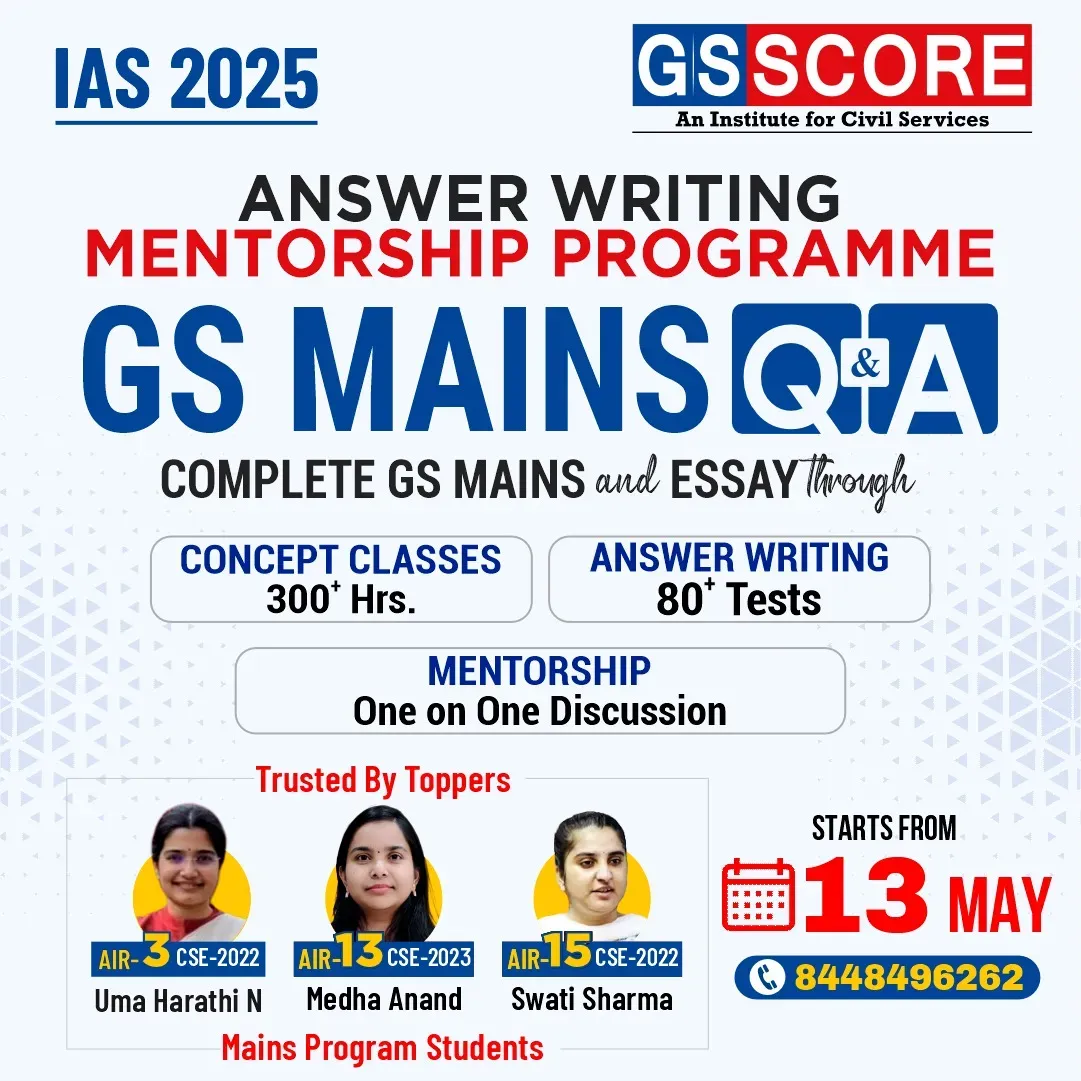

27th April 2024 (13 Topics)
Context
The Supreme Court's rejection of the demand for 100% verification of the paper trail left by votes cast through electronic voting machines (EVMs) has sparked debate over the integrity of the electoral process.
Upholding Integrity of Electoral Process
- The Supreme Court's rejection reaffirms its faith in the integrity of the electoral process, particularly with the introduction of the voter verifiable paper audit trail (VVPAT) system.
- Vote accuracy: Previous rulings by the Court have emphasized the indispensability of a paper trail for ensuring free and fair elections, highlighting the importance of addressing voter apprehensions regarding vote accuracy.
- No interference: Despite demands for increased verification, the Court has consistently declined to interfere with the existing system, citing administrative and technical safeguards that mitigate concerns of tampering.
Technological Advancements and Transparency
- Concerns: The introduction of the VVPAT system aimed to enhance transparency and address voter suspicions, but the extent of verification remains contentious, raising questions about the Election Commission of India's impartiality.
- Ensuring technological advancements in the verification process is crucial to bolstering public confidence in the electoral system and mitigating apprehensions of manipulation.
- Election Watchdog Impartiality: The increasing level of mistrust in the election watchdog underscores the need for transparent and accountable measures to address apprehensions of manipulation and ensure the integrity of elections.
Mains Question:
Discuss the need for balance between technological advancements in verification methods and the imperative of maintaining the impartiality of the Election Commission of India in ensuring free and fair elections.
More Articles


